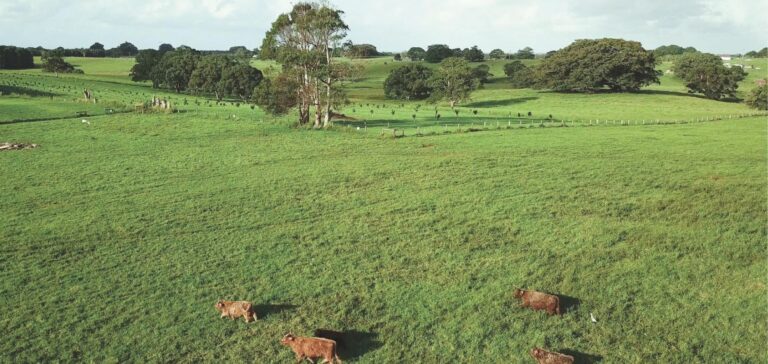Soil carbon projects have taken off under Australia’s Emissions Reduction Initiative (ERF) compliance-based carbon market program, with a sharp increase in registered projects in 2021 and 2022. These projects aim to increase soil carbon storage by implementing certain land management practices. Carbon farming techniques that enhance soil carbon sequestration include cover cropping, prevention of overgrazing, and no-till farming.
According to a December 2022 report from the Australian National Research Scientific and Industrial Organization, natural solutions such as soil carbon projects are one of the most cost-effective mechanisms for storing carbon. Sequestering carbon in the soil costs about A$7-13 per ton of CO2, according to the report. In addition to being cost-effective, soil carbon projects also provide an additional source of income for farmers and help prevent land use change.
ERF-led increase in projects in Australia
Project enrollments continue to grow under the ERF. Project developers can participate in the compliance-based market by using the program’s established methodologies to generate Australian Carbon Credit Units, or ACCUs. Soil carbon projects account for more than 80% of total project registrations in 2021, and Australia’s clean energy regulator “continues to see strong interest in soil carbon projects,” according to a spokesperson for the agency. There are currently 450 soil carbon projects registered under the ERF, but it takes about 3 years for projects to start generating ACCUs. However, of the 450 soil carbon projects registered between 2015 and 2023, only one project has issued credits, with 1,904 ACCUs generated through April 13.
Agriprove, a leading developer of carbon farming projects based in Australia, has registered more than 350 of the 450 soil carbon projects in the country, according to the company’s website. Some soil carbon projects have seen greater adoption among landowners in Australia, such as increasing crop diversity, cover cropping, and improving pasture management.
Government incentives help these projects
Government incentives have been put in place to encourage farmer participation in carbon markets, such as the National Soil Carbon Innovation Challenge, a A$50 million program to reduce the cost of reliably measuring organic carbon in the soil.
In another attempt to encourage participation in carbon markets, the country’s clean energy regulator has launched a pilot project that provides up to A$5,000 in advance payments for ACCUs for eligible ERF projects to reduce the burden of upfront baseline soil sampling costs. In a similar effort, the Australian government partnered with Southern Cross University to implement the Soil Monitoring Incentives Program pilot, which concluded in December 2022. Under the program, farmers could receive technical and financial support to conduct soil sampling to encourage participation in ERF.
Market participants touted the potential of soil carbon credits to attract a premium in the Australian market context. Platts, part of S&P Global, valued generic ACCUs at A$38.10 on April 14.






















